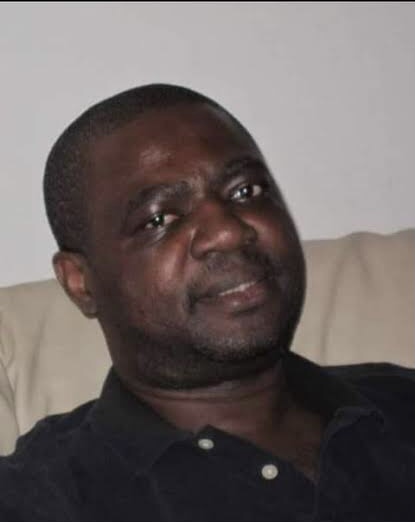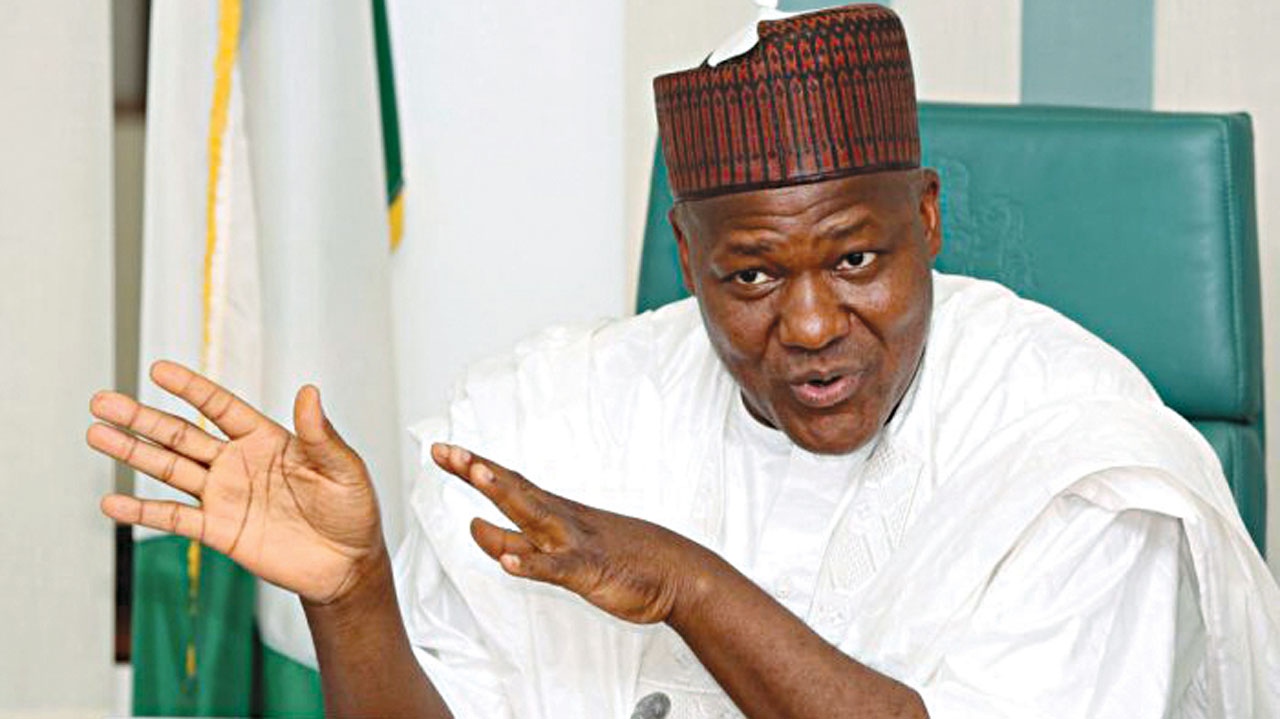The Taliban, Boko Haram and what Nigeria must do urgently
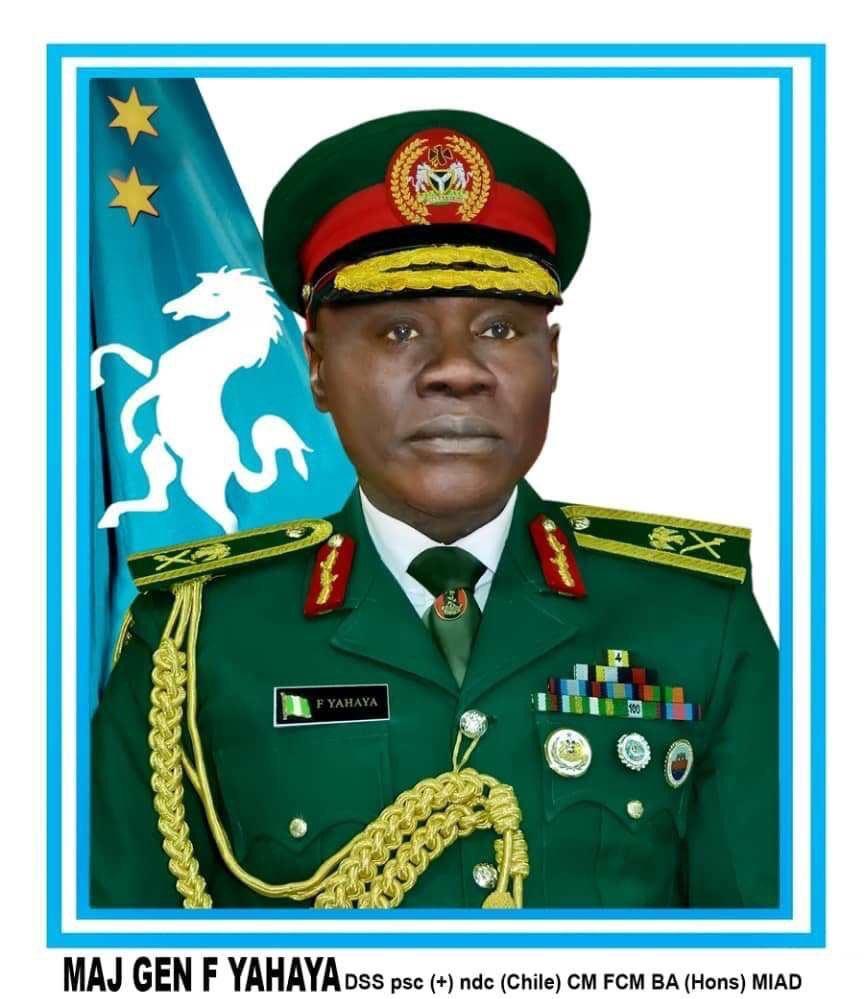
By Theophilus Abbah
The Taliban now holds sway in Afghanistan, a continent apart from Nigeria, but the waves from its activities have always shaken Jihadist enthusiasm in our clime. For the late 1990s to early 2000s, its franchise, Yobe Taliban, who preached the Jihadist brand of Salafi doctrine, created panic in communities. The choice of the name ‘Taliban’ by the strange sect was not accidental. It was imported from Afghanistan where its founder, one Mohammed Ali, had had his fill of the militant Jihadist doctrine, supposedly meant to purge or purify Islam from North to South of the earth. Like the Afghan Taliban, Yobe Taliban operated with fury and violence from the Kanama desert to adjoining communities.
Yobe Taliban to Boko Haram
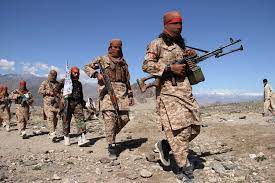
The Taliban fighters
Dislodged by the police from the dunes of Kanama, the sect migrated to Goza Hills in Borno State to practice its terror-filled brand of Islam. But like a leopard which cannot alter its skin, the Yobe Taliban ran foul of the law and in 2003 attracted the wrath of the police. In a fierce battle against men of the Nigeria Mobile Police Force, the sect was dislodged, but they melted into the populace in Maiduguri, and literally took over Markas mosque where the late Muhammed Yusuf, founder of Boko Haram, was Imam. Many members of the Yobe Taliban were ferried from the Markas mosque in Maiduguri to Afghanistan, in the aftermath of September 11, 2001 terror attack and United States invasion of Aghanistan, purportedly to study, but auspiciously to fight in the Afghan Taliban against the US and North Atlantic Treaty Organization (NATO) coalition in that country. Not surprisingly, bomb makers trained in Aghanistan returned to make Improvised Explosive Devices (IEDs), which Boko Haram fighters utilized in 2009 when the sect declared Jihad against the Nigerian government.
Harvest of disabilities under Taliban
Those who lack historical understanding of The Taliban would applaud their take over of Afghanistan as victory for Islam in the so-called clash of ideology. The 20-year-long war before it came into power in 1996 left millions of peasants and Mujahideen, not just deaths, but millions of disabled persons. Foreign aid organisations reportedly provided about 1.5 million victims of the war with leg amputees with artificial limbs. On its parts, the ranks of the Taliban were filled with disabled persons. The leader of the group, Mullah Omar, lost one eye; former Justice Minister Nurudeen Turabi was one-eyed; former Foreign Minister Muhammed Ghaus also had one eyed; the former Mayor of Kabul lost one leg and two fingers; and many military commanders had to live with all sorts of disabilities.
Those who lack historical understanding of The Taliban would applaud their take over of Afghanistan as victory for Islam in the so-called clash of ideology
The disabilities were signatures of two decades of war by The Taliban which had previously ruled Afghanistan from 1996 to 2001, a chaotic 8-year rule of battles, massacres, tension, amputation, and confusion in the name of strict Sharia rule. The then United Nations Secretary General Kofi Annan, in 1998, raised the alarm over the multiplicity of battles and bloodshed under the Taliban. Annan had said, “In the country of 20 million people, 50,000 armed men are holding the whole population hostage.” As a result of the war, Afghanistan became more fragmented along tribal lines, as against the original advantage of The Taliban who claimed to have united the divided country under Islamic rule. Indeed, The Taliban, who received support from Americans, Saudi Arabia and Pakistan against the Russians do not have a better yesterday.
Islamic Revolution regimes
Unfortunately, the fall of the Afghan government to the Taliban could embolden other terrorist organisations, especially in Africa, to try their luck to take over governments and establish Islamic caliphate in their regions. Just as it was in 1979. The take over of Iran in an Islamic Revolution fired up the zeal of Jihadist political parties and movements to replicate similar feat in their countries. Even Nigeria’s Boko Haram had looked forward to a future when Jihadists would overrun the country and declare it an Islamic Caliphate.
A report about the sect by the [ The USIP has an 18-page report on the sect, which could be read here: SR308.pdf (usip.org)]United States Institute of Peace (USIP) confirms this desire thus: “Boko Haram is an Islamic sect that believes northern politics has been seized by a group of corrupt, false Muslims. It wants to wage a war against them, and the Federal Republic of Nigeria generally, to create a “pure” Islamic state ruled by sharia law.” Though Boko Haram, as we know it, may have faded and given way to the Islamic State of West African Province (ISWAP), the possibility of the new group plotting to replicate the feat of The Taliban in Afghanistan is not in doubt.
France plans to withdraw troops from Sahel region

This fear is confirmed in a report published by the plan to establish four caliphates was leaked in this ISS report: Islamic State’s determined expansion into Lake Chad Basin – ISS Africa]International Security Studies (ISS) which says ISWAP, which has failed to entrench its stronghold in Syria, has discovered Borno State is a suitable alternative. The report says, “ISWAP is being restructured into four caliphates – Sambisa Forest, Alagarno Forest (nicknamed Timbuktu), Tumbuma, and the Lake Chad islands, each with its own semi-autonomous leadership. All these are in Borno State, north-east Nigeria. Tactically, they provide operational bases for the extension of activities to other parts of the north-east and Cameroon, Chad and Niger.”
“ISWAP is being restructured into four caliphates – Sambisa Forest, Alagarno Forest (nicknamed Timbuktu), Tumbuma, and the Lake Chad islands
Terrorist groups in Africa will be emboldened by the recent development in Afghanistan, considering the fact that Western powers, the main promoters of War on Terror, are recalling their boots from the ground in Africa. For instance, France, whose troops had help to check the militia in Mali announced in July that it plans to withdraw its forces the Sahel region. French [ The British Broadcasting Corporation (BBC) reported President Emmanuel Macron’s threat elaborately: Macron threatens to withdraw French troops from Mali – BBC News]President Emmanuel Macron warned that it would withdraw its 5,100 troops because, according to him, Mali was ‘moving towards” greatest Islamic influence.
Since 2013, France had posted its troops to Mali, Mauritania, Niger, Burkina Faso and Chad, helping these poor Francophone countries to curtail Jihadists’ desire to overrun them. Worse still, the Multinational Joint Task Force (MNJTF), put together to battle Boko Haram in the Lake Chad Basin area, has been in disarray. It has not been able to maximize the collective force of the countries being troubled by Boko Haram to effectively defeat the Jihadists.
In Somalia, the Al-Shabaab, controls a large swathe of South and Central regions
In Somalia, the Al-Shabaab, controls a large swathe of South and Central regions, among them rural communities and even towns. The Somali government in Mogadishu comes under constant attacks from Al-Shabaab. The withdrawal of the US troops from Afghanistan, and the recall of French soldiers from the West African region, could become an impetus for Jihadists in Africa to push against established governments, expecting that, without Western support, the States would dissolve into the clouds, the way the government in Kabul melted away to create a thoroughfare for The Taliban to take over.
How China’s non-interference policy affects terrorists
The atmosphere is polluted by China, who is an available alternative to Western influence in any part of the developing world. For instance, at a time when the rest of the world were cautious about The Taliban take over, China quickly extended a hand of fellowship to them, under its usual principle of non-interference in the affairs of other countries. Shortly before the Taliban takeover, China’s foreign ministry spokeswoman Hua Chunying told [ Al-Jazeera reported the China foreign ministry’s spokeswoman’s statement: With economic assets to secure, China embraces the Taliban | Business and Economy | Al Jazeera]journalists that, “China hopes the Afghan Taliban can unite with other political parties and with all ethnic groups and build a political framework in keeping with national conditions that is broadly inclusive and will lay the foundation for enduring peace.” With China waiting as an alternative power to the United States and Europe, any terror group could call the bluff of Western powers.
Nigeria must not be deceived by the unexpected mass surrender of Boko Haram Jihadists
For ISWAP in Nigeria, it is possible that the Taliban takeover of Afghanistan is a new day. The new government could provide them with finance and weapons (inherited from the US) to enhance their battle against the Nigerian military. As long as the Sahel region is not policed, there will continue to be free movement of illicit weapons through the desert from North Africa, Middle East and Central Asia into the vulnerable West African sub-region. Nigeria must not be deceived by the unexpected mass surrender of Boko Haram Jihadists, as it is clear that ISWAP has not given up on its desire to establish a caliphate in the ungoverned space around the Lake Chad region and Sambisa Forest.
It is, therefore, imperative for the Nigerian security forces to implement strategies that would dislodge the terrorists from our territory. It is public knowledge that these terrorists have occupied areas around Sambisa Forest and Lake Chad Basin. If they are not sacked from the area, they could consolidate their control over the area, set up their ambitious caliphate or emirates, bring in more Jihadist fighters from other regions. This will worsen terrorism in Nigeria.
We could anchor our diplomatic relationship with The Taliban on this promise and prevent them from funding, training or providing weapons for Boko Haram
The Nigerian authorities, like other countries, should engage the new leadership in Afghanistan to dissuade them from supporting terrorist organisations in Nigeria and the whole of West Africa. This is necessary because The Taliban have promised the world that they will not allow Afghanistan to be used by any terrorist organization. We could anchor our diplomatic relationship with The Taliban on this promise and prevent them from funding, training or providing weapons for Boko Haram, ISWAP or any other terrorist sect from Nigeria who might approach them for support.
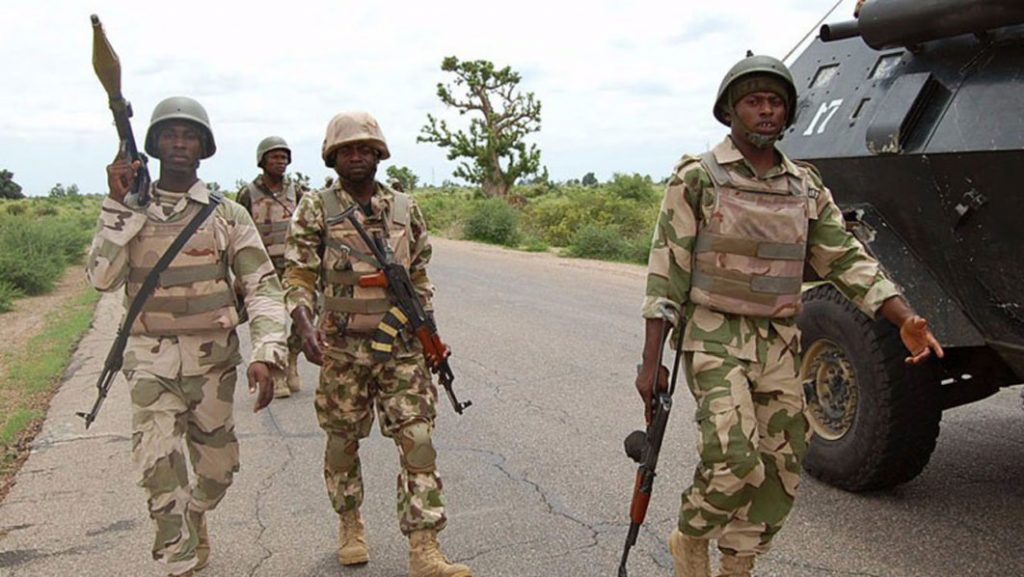
Battle of the mind
Also, it is high time the authorities deliberately and effectively engaged in the battle for the minds of Nigerian youths who are lured into terrorism through apocalyptic sermons about heavenly rewards for those who sacrifice their lives in Jihadist battles. The Taliban, in spite of all the misgivings concerning them, sustained their perennial warfare over the last 20 years by feeding young men with the salacious heavenly promises. Terrorists in Nigeria use similar rhetoric to lure youths into their fold. State governments in the North-East and North-West need to come up with a strategy for debunking these misleading promises that have sustained terrorism in Nigeria.
State governments in the North-East and North-West need to come up with a strategy for debunking these misleading promises
Nigeria must watch its back to ensure the Taliban phenomenon does not affect Nigeria.
The Insight Report
Nigeria Coverage

